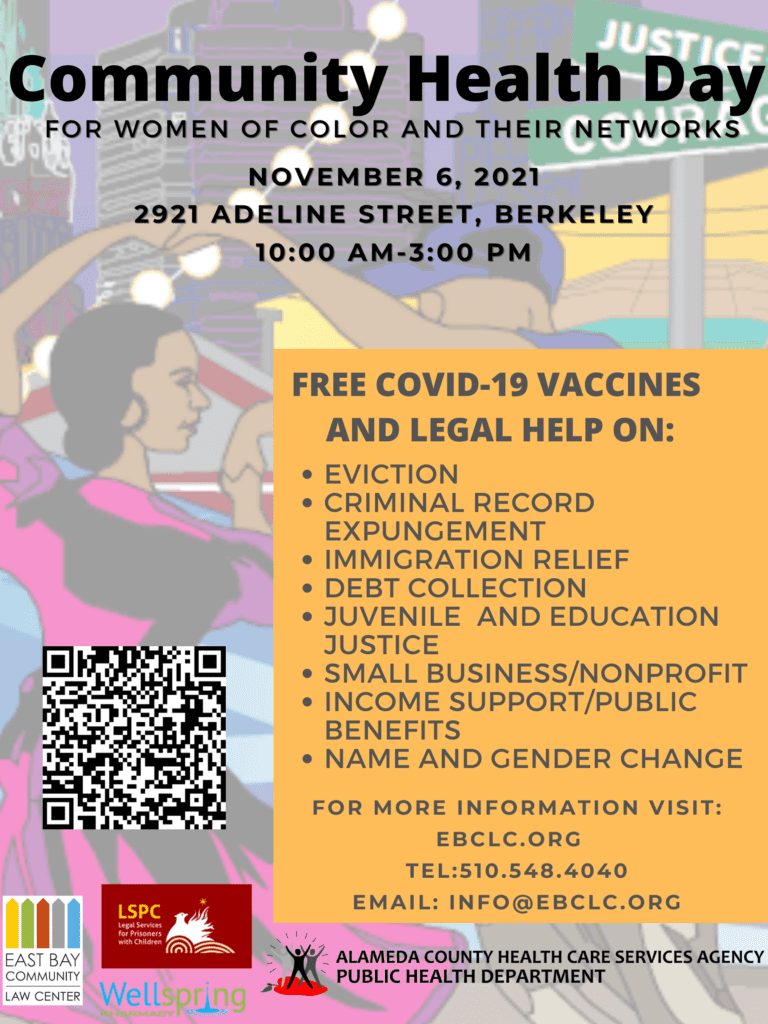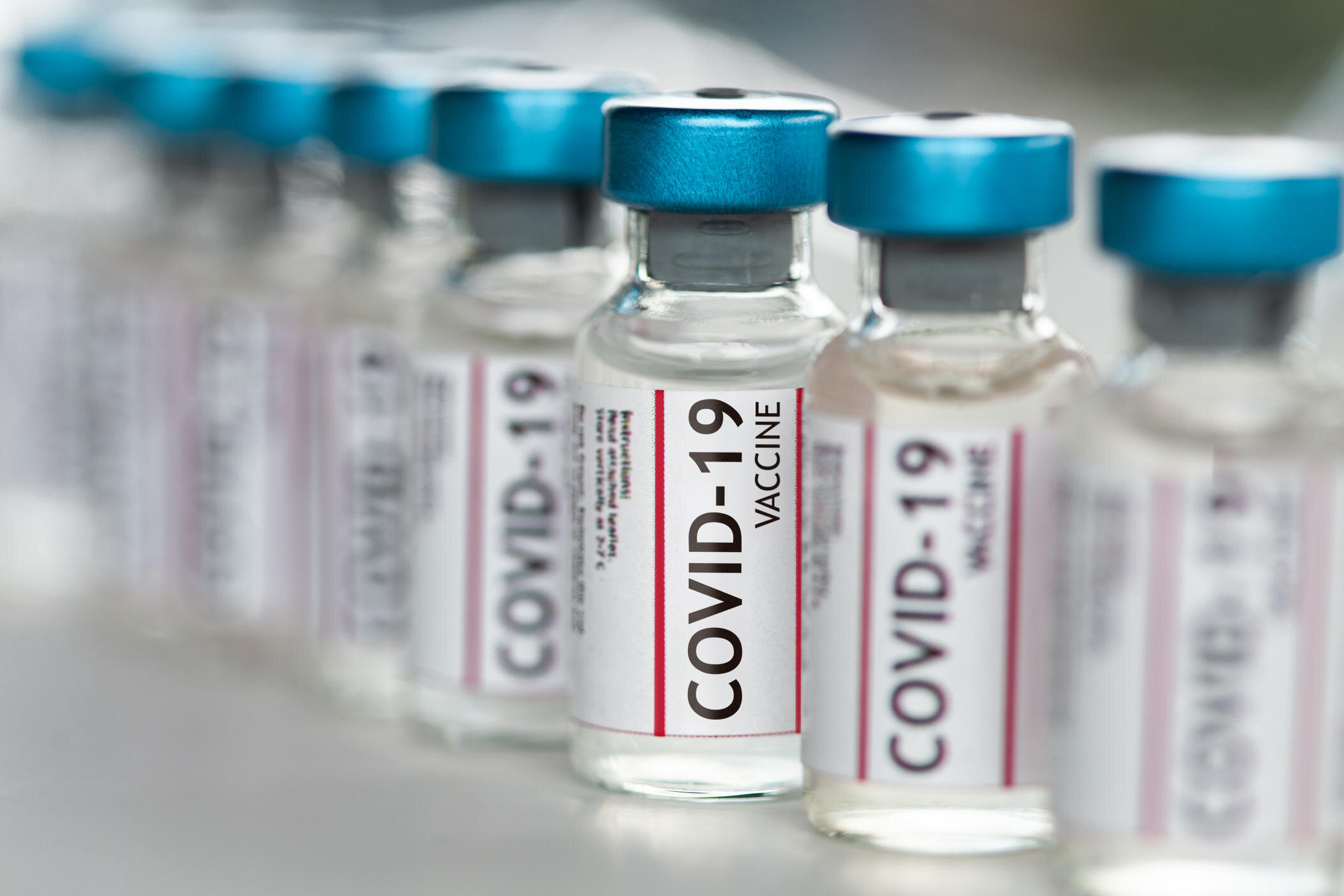Redistricting, Plan Bay Area 2050, Bayer Agreement, and More Berkeley News
Proposed Bayer Agreement to Provide $33.1 Million in Community Benefits
The proposed agreement will create new space on Bayer's existing footprint and create 1,000 new jobs over the next thirty years.
After lengthy negotiations, the City and Bayer have reached a tentative community benefits agreement as part of a thirty-year plan for Bayer’s site. The last Development Agreement, approved in 1992, was the first of its kind in Berkeley and provided a model for public-private partnerships that spur economic growth and encourage community investment. The new Agreement will provide $33.1 million in community benefits over the next three decades. The starting total contributions will be $800,000 in 2022, increasing 2% each year, totaling $1,460,000 annually in 2051. Specifically, the money will be split into the following five categories:
Science, Technology, Engineering, Arts, and Math (STEAM) Education, Career Technical Education (CTE) Partners: 48.5%
West Berkeley Community Resiliency Funds: 20%
Affordable Housing Trust Fund: 20%
Private Percent for Art Fund: 7.5%
Affordable Childcare Fund: 4.0%
In exchange for these benefits, Bayer will be able to expand development on its existing property, adding 1 million square feet of new space to expand types of pharmaceutical production while adding an additional 1,000 jobs over the next thirty years.
This week, the Planning Commission provided a positive recommendation to the City Council on the proposed Development Agreement, Environmental Impact Review, and related documents. The Council will take up the Bayer Development Agreement at its November 30th meeting. For more information on the Bayer project click here.
You Can Draw the Lines for Future City Council Districts
The current districts will be redrawn to create districts of equal population based off the 2020 US Census data, to go in effect in the 2022 election.
The Independent Redistricting Commission (IRC) is seeking community input on the new City Council district map, which will go into effect for the 2022 election. This is the first time the Commission will take the responsibility for the decennial process, after voters approved Measure W1 in 2016. The public can create and submit their own maps, which are due on November 15th. Additionally, the public can submit a Community of Interest form for the Commission to better understand what communities and neighborhoods should be taken into consideration when drawing the new lines. The IRC is committed to ensuring an open and transparent redistricting process that welcomes public comment on the drawing of district boundaries, is conducted with integrity, fairness, without personal or political considerations, and creates a fair, people’s map.
The Redistricting Hub is the primary source for information relating to redistricting. This webpage includes census data, demonstrations on how to create and submit a map, community of interest forms, and more. The Public Submission Packet also provides additional background and instructions. You can also review this video demonstration on how to create and submit a map. If you only want to draw a map of your own district or neighborhood, that is also allowed. The IRC will accept and review all maps, regardless of detail. If you are interested in submitting a map but have questions/need assistance, you can contact the City Clerk’s office at redistricting@cityofberkeley.info or calling 510-981-6908.
Plan Bay Area 2050 Approved, Creating Blueprint for Region's Future
Plan Bay Area 2050 defines long-term goals for the region around housing, transportation, the economy, and the environment.
Yesterday, the Association of Bay Area Governments (ABAG) and Metropolitan Transportation Commission (MTC) adopted Plan Bay Area 2050, a $1.4 trillion vision for policies and investments to make the nine-county region more affordable, connected, diverse, healthy and economically vibrant for all its residents through 2050 and beyond. The four-year process received input from over 20,000 Bay Area residents, and includes 35 strategies over four elements: housing, the economy, transportation and the environment of the region. Mayor Arreguin serves as President of the Association of Bay Area Governments.
Highlights of the strategies include:
Housing
Produce 1 million permanently affordable units by 2050 in order to meet the needs of low-income and unhoused families and individuals.
Strengthening tenant protections and preventing rent gouging.
Reusing public and community-owned land for affordable housing, in addition to converting old malls and office parks into new neighborhoods.
Economy
Implement universal basic income, providing $500 monthly payments to each household.
Subsidize the creation of high-speed internet infrastructure to ensure all communities, regardless of income, have access to high-speed internet
Incentivize creation and relocation of commercial offices at housing-rich and transit-rich areas.
Transportation
Improve integration across the region’s transit agencies, including transfers and fare structures.
Advance a regional Vision Zero policy while promoting infrastructure for pedestrians and bicyclists through complete streets networks.
Enhance transit frequency, capacity, and reliability through extensions, rapid bus lanes, and integrated express lanes.
Environment
Adapt to climate change, including infrastructure to protect against rising sea levels, wildfires, and drought.
Protect open land by maintaining urban growth boundaries and modernize existing parks.
Reduce climate emissions through clean vehicle initiatives and incentives to promote the use of public transit and alternative forms of transportation.
Much of the 35 strategies will begin implementation over the next five years. The Implementation Plan identifies several near-term legislative priorities, including working to secure new revenues to fund strategies across the four elements. Additionally, the Implementation Plan outlines near-term steps for new, existing or restructured programs housed within MTC and ABAG that have a nexus with the plan’s strategies.
United Against Hate Week: November 14-20, 2021
United Against Hate Week is only a month away! What do you have planned for the week of November 14th - 20th? There are plenty of ways you, your organization, and your city can become involved! Distribute our United Against Hate posters around your community, host relevant film screenings, put on an art exhibit or poetry slam, hold a unity walk, organize bystander intervention trainings, and more! There are many ways to make a difference.
It’s not too late to join us to stand united against hate. For more information on the event, visit www.unitedagainsthateweek.org. If you have any contacts we should reach out to who might be interested in becoming involved, please reach out to ehudson@cityofberkeley.info or aguo@cityofberkeley.info. We would love your help in expanding our network of activists!
Community Health Day - November 6
East Bay Community Law Center, in partnership with the Alameda County Department of Public Health, is hosting a Community Health Day in South Berkeley on Saturday, November 6th. In addition to providing COVID-19 vaccines, free legal services will be provided on a multitude of topics, including evictions, criminal record expungement, immigration, debt collection, small business support, and name/gender changes.
Individuals that are interested in getting a Pfizer or Johnson & Johnson vaccine can sign up here or call 510-548-4040. All people who get vaccinated at the event will receive a $100 Visa gift card. The event takes place at 2921 Adeline St from 10am-3pm on November 6th.
Upcoming COVID-19 Vaccination Opportunities
With the Moderna and Johnson & Johnson/Janssen boosters now approved, there are now more options to get vaccinated. Here are some opportunities to get vaccinated, whether you are seeking a first dose, second dose, or booster shot.
Tuesday, October 26
In partnership with Carbon Health, the City of Berkeley will be hosting a free vaccine clinic next Tuesday October 26 and the following Tuesday November 2, at the Adeline Clinic located at 3282 Adeline Street from 11:30-6:30. Walk up appointments are welcome, to save time schedule an appointment create a free Carbon Health account and sign-up online First, second, and booster doses will be available at this clinic.
Wednesday, October 27
In partnership with Bayer and Safeway, the City of Berkeley will be hosting a free vaccine clinic next Wednesday, October 27 and Wednesday November 17 in the Bayer parking lot located at 2500 Eighth Street from 9:30-4:00. Walk/drive up appointments are welcome, to save time schedule an appointment. First, second, and booster doses will be available at this clinic.
For doses beyond your first, bring your CDC vaccination card or digital vaccine record if card is unavailable
Those who have appointments should arrive no more than 15 minutes early
Consent forms are required, to save time please fill out and print prior to your appointment. If you are unable to complete prior to your appointment, consents forms will be available at the clinic site
Bring your health insurance card with you to the appointment
Vaccines will be administered in the upper arm, please wear a short sleeve shirt if possible
Protect Your Home Against Earthquakes and Receive $3,000
Starting October 27 through November 30, you can receive a grant of up to $3,000 for a seismic retrofit. Earthquake Brace + Bolt is open to owner-occupied single-family residences and small multifamily buildings (1-4 units) in Berkeley and other eligible zip codes. Qualifying applicants will be entered into a lottery for the funding. For the first time, additional grant funds up to 100% of the seismic retrofit cost will also be available to income qualified households. Sign up online or by calling (877) 232-4300.
See the City of Berkeley's Seismic Safety Information and Programs for additional resources, including financing for commercial, multifamily and residential property owners.





